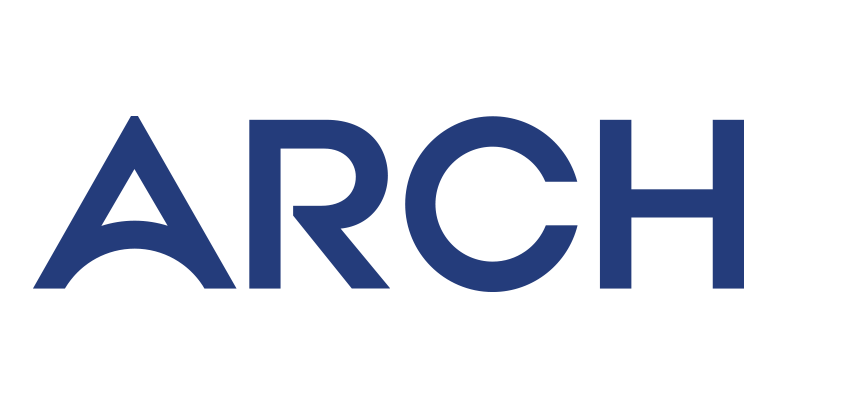Case Study: Assisting a multi-country business to assess its potential for growth and financing options.

Our client is a shareholder family group within a Middle Eastern family business that had grown into a billion-dollar international conglomerate over eight generations. The family is widespread across the globe and increasingly vulnerable to family law claims from spouses against individual shareholding, particularly in Western jurisdictions.
The conglomerate had been established piecemeal with little attention to ownership structure or succession planning. Each generation had applied sharia law in determining succession. Family management, although enormously successful, was fragmented.
Stakeholders within the family business conglomerate felt a need to restructure for more efficient operations to maintain success and grow.
The client sought advice from Arch on the different restructuring options available. One being considered would lock them into holding their shares ad infinitum with management passing from the family to professional executives recruited from the market.
They felt that the succession pattern under the egalitarian rules of sharia law had put the family business in danger of losing its heritage persona. The business was positioned to become a standard commercial enterprise that would not benefit their family as it had done in the past.
Arch reviewed the client’s legal rights with attorneys and advised on their options, which included:
- Forcing a full liquidation of the family business
- Breaking up business assets on valuation to the various family groups who were managing those assets, with appropriate settlement of value across the full shareholding
- Converting the shares of the family business into a more liquid investment by conversion to a public company, with the aim of undertaking a stock market listing after which ownership may pass out of the family
- Restructuring the conglomerate to be held by a private company, with dedicated family business ownership rules and procedures that would lock them in and give them little control over their wealth
Another shareholder family group that wanted control over management was pushing for the last option—to be held by a private company. This would remove the family from operations and result in our client being reduced to passive shareholders. It also involved the introduction of third party executive management, which added the agenda of executive gain and did not put the family’s shareholding interests first.
Our client felt that the listed public company was appealing. It preserved the success and achievements that the family had created whilst giving all family shareholders a liquid option if they chose to exit. However, the logistics of achieving consensus and the vulnerability of the family to executive excess in the process made it a second choice.
The liquidation of the conglomerate and distribution of proceeds was considered a last resort—only to be used if agreement between various shareholder groups was unable to be reached because of the difficulty of achieving true value in such an exercise.
Our clients opted for breaking up assets with the family business for their share. This way they would to gain control of the companies they personally built and managed, enabling them to incorporate a new family business to hold these assets.
Arch’s advice provided a mechanism of procedures for the long-term future liquidation of this new family business in its formal documentation, should future shareholders be unable to find consensus. Ownership of this family business has also been structured to deny transfer of shares to non-lineal members through family law or other legal claims.





